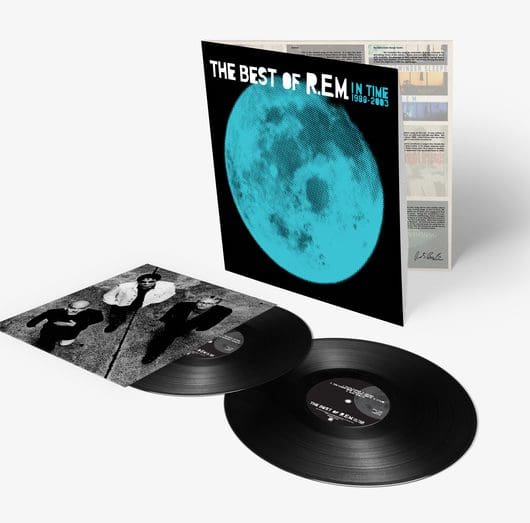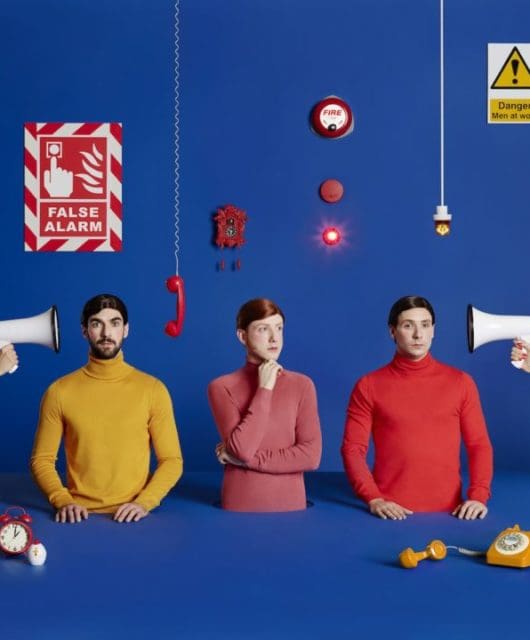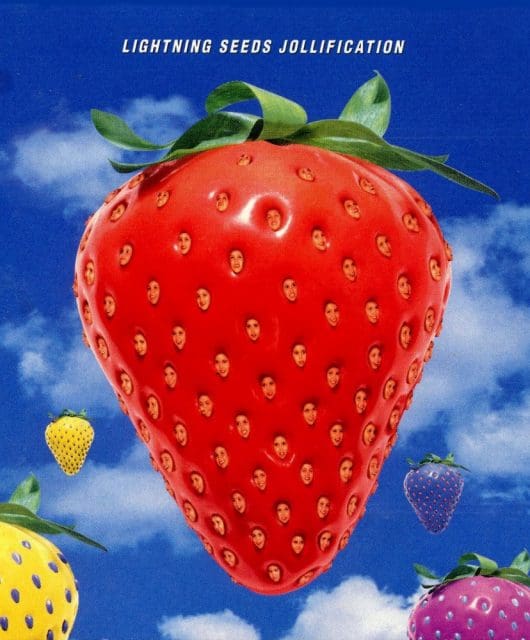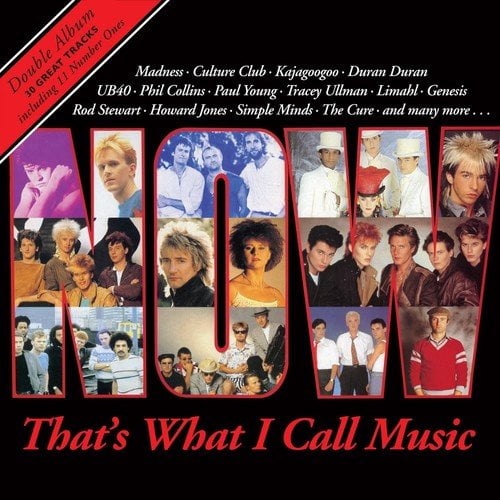Bjork – Utopia review
By Classic Pop | January 29, 2018
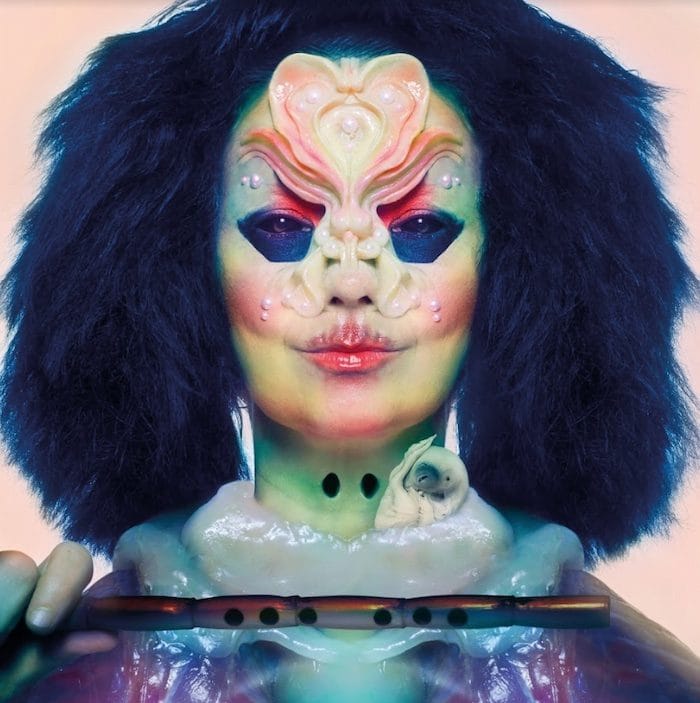 All is full of love, apparently, on Bjork’s ninth album; but for whom it’s never quite clear. What they’ll make of it, too, is anyone’s guess.
All is full of love, apparently, on Bjork’s ninth album; but for whom it’s never quite clear. What they’ll make of it, too, is anyone’s guess.
Björk’s work has become increasingly demanding these past dozen years, and 2015’s Vulnicura – inspired by her break-up with artist Matthew Barney – was as challenging as anything she’s done. On Utopia, though – described as environmentally and politically themed – she sounds happier and more positive. She’s even called it her “Tinder album”.
So does happy Björk mean hit-making Björk? Nah, those days are long gone. This is similarly taxing. One reason is her decision to employ Venezuela’s Arca as co-producer again. His CV may include work with Kanye West and FKA Twigs, but the dancefloor’s not his destination. His shadowy, menacing soundscapes – twisted beats seemingly dropped at random, sonics glistening like a knife – are remarkable, but also frequently confounding.
Fortunately, this time Björk and Arca allow colourful surges of amorphous cheer to overwhelm most of the gloom. That’s as true on opener Arisen My Senses as anywhere. Beginning with birdsong, the (no doubt symbolic) sound of a tape being rewound, and confidently struck harp chords, its arrangement slowly expands to accommodate layers of her inimitable voice.
The structure, too, is recognisably rhythmic, and the luminous atmosphere of the tracks that follow sucks one in: Blissing Me boasts more plucked harp, its fluttering, creaking rhythms a reflection of excitement rather than agitation, while ecstatic flourishes of flute-like synths complement the sentiment – “If you care for me, then I’ll care for you” – of the otherwise sparse The Gate.
“But as these abstract constructions keep coming, Utopia starts to feel intimidatingly impenetrable. At the very least, with melodies sliding out of one’s grasp and lyrics battered out of reach, it insists on substantial commitment.” – Wyndham Wallace
Nevertheless, it’s compellingly rewarding, with lines like “These cliffs are just showing off” or the word “Kafkaesque” emerging from the mist of Body Memory – a dense landscape of choral voices, animal noises, thuds and thumps – and, on Courtship, birds cooing and flutes flickering like butterfly wings.
Tabula Rasa, on which the beats relent, underlining the elegant flutes and strings, finds her singing of “not repeating the fuck-ups of the past”, but on Loss – which features additional production from Rabit – those beats sound like an avalanche flattening a school orchestra. It’s difficult, in other words. But, of course, it is: it’s Björk. Expanding horizons is what she does.


